
Side effects of the ketogenic diet
The ketogenic diet (also known as the keto diet ) has become one of the top health trends in recent years. The ketogenic diet is a low-carb eating plan that significantly increases your consumption of good fats to produce a state of metabolic ketosis in which your body begins to burn fat for fuel instead of carbohydrates. Although the ketogenic diet can have some significant health benefits, it can also have some unpleasant side effects. In this article, we will delve into the side effects of the ketogenic dietand we will offer some recommendations to minimize or avoid the side effects of the ketogenic diet.
What is the ketogenic diet?
The ketogenic diet (also known as the keto diet ) is a low-carbohydrate diet that has become very popular as a way to lose weight. Since the ketogenic diet greatly reduces carbohydrate intake, the body must use fat for fuel instead of using carbohydrates for fuel. This leads to a state of metabolic ketosis in which the body burns fat. The ketogenic diet has also been used to treat epilepsy and may have some additional health benefits, including a lower risk of heart disease and type 2 diabetes.
What side effects can the ketogenic diet have?
Although there are many benefits associated with the ketogenic diet, there are some unpleasant side effects that can be caused by radically changing eating habits. These side effects may include:
- Bad breath
- Constipation
- Increased cholesterol levels
- Insomnia
- Decreased blood glucose
- Short-term impairment of cognitive ability
- Low alcohol tolerance
Bad breath
Bad breath is probably the most common side effect of the ketogenic diet. This is because the body produces a substance known as ketones when it enters a state of ketosis. Ketones break down into acetic acid, which produces an unpleasant odor. Bad breath can be particularly unpleasant and can be difficult to treat. You can try chewing mint, using mouthwash, or simply drinking more water to combat bad breath.
Constipation
Due to the low fiber intake on the ketogenic diet, constipation can be a common complication. To combat constipation, make sure you're getting enough water and high-fiber foods like leafy greens, mushrooms, broccoli, and kale.
Increased cholesterol levels
Sometimes LDL (the "bad") cholesterol can increase while following the ketogenic diet. However, there are some studies that suggest that LDL cholesterol may also decrease. If you have any concerns about your cholesterol levels, it's a good idea to talk to your doctor to see if the ketogenic diet is right for you.
Insomnia
The ketogenic diet may have an effect on sleep quality. This is probably due to the fact that it contains a lot of fat and the amount of carbohydrates is very low. To improve sleep quality, try limiting your fat intake by eating a carbohydrate-rich meal before bed.
Decreased blood glucose
One of the lesser-known side effects of the ketogenic diet is the risk of low blood sugar. This is due to the fact that your body is undergoing a huge shift from using carbohydrates as fuel to using fats as fuel. If you notice a decrease in energy or confusion, it is likely due to a drop in blood glucose. If you have low glucose levels, try eating foods high in carbohydrates or drinking a glucose shake.
Short-term impairment of cognitive ability
Switching to a ketogenic diet may cause a decline in cognitive ability in the short term. This is probably due to the fact that the body is processing a big metabolic change and needs some time to get used to it. Studies suggest that this short-term effect will fade over time and that memory will improve with extended use of the diet.
Low alcohol tolerance
The effects of the ketogenic diet are usually more intense when combined with alcohol. This is because the liver is busy metabolizing ketone bodies and cannot process alcohol intake in the same way. This can make you feel drunker and faster. Additionally, consumed alcohol can also be broken down into glucose, which can lead to a decrease in blood glucose if not enough food is consumed.
Conclusion
In conclusion, the ketogenic diet may have some significant health benefits, but it can also have some unpleasant side effects. Some of the most common side effects include bad breath, constipation, increased cholesterol levels, insomnia, decreased blood sugar, short-term cognitive impairment, and poor alcohol tolerance. If you're considering following a ketogenic diet, it's a good idea to talk to your doctor to make sure it's the best option for you.
Frequent questions
Are the side effects of the ketogenic diet serious?
Not necessarily. Many of the side effects of the ketogenic diet are not serious and go away over time.
How long does it take for the body to get used to the ketogenic diet?
Adjustment time may vary from person to person. Typically, symptoms disappear after a few days or weeks.
While on the ketogenic diet, can I drink alcohol?
It is advisable to avoid alcohol while on the ketogenic diet to maximize results. If you decide to drink, be sure to eat carbohydrate-rich foods before drinking to avoid a drop in blood glucose levels.
What kind of food can I eat while on the ketogenic diet?
While following a ketogenic diet, you should try to eat foods that are low in carbohydrates and high in healthy fats, such as lean meats, fish, eggs, low-fat dairy, olive oil, nuts, and seeds.
Does the ketogenic diet cause weight gain?
Not necessarily. The ketogenic diet has been shown to be effective for weight loss, but there are also some studies that suggest that not everyone experiences weight loss.



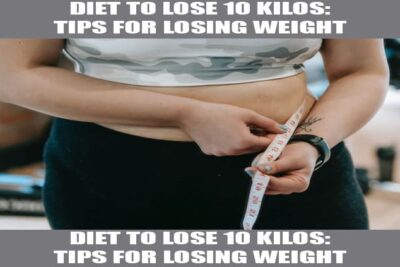
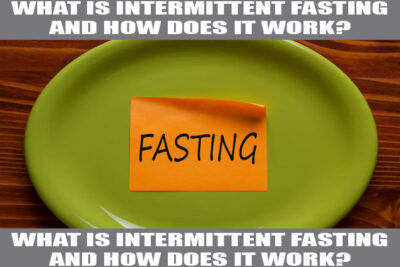



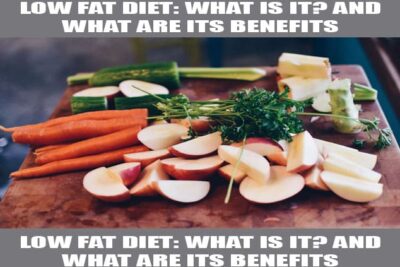


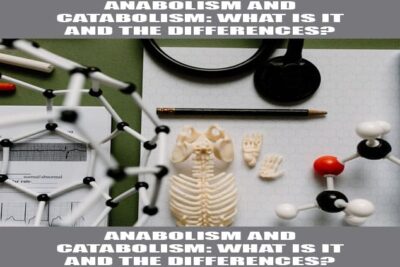

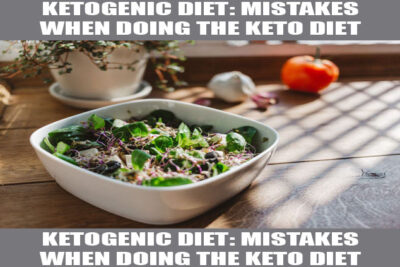
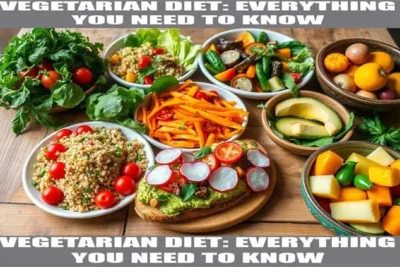
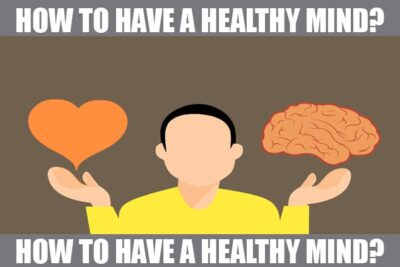




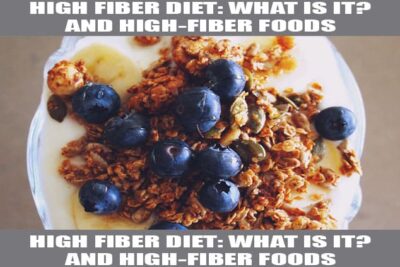
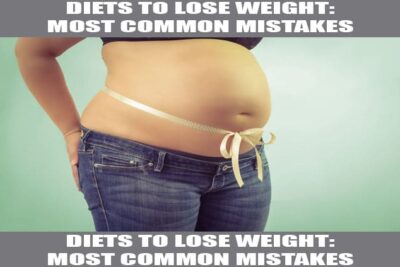
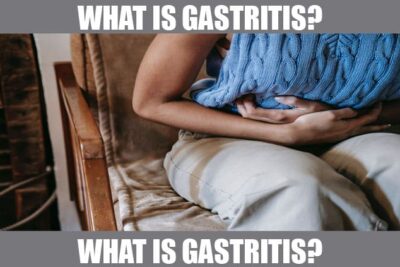
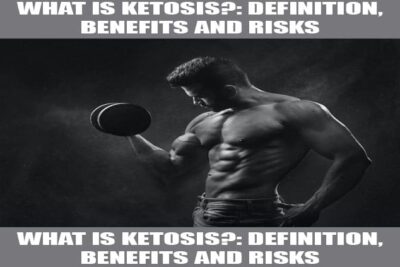


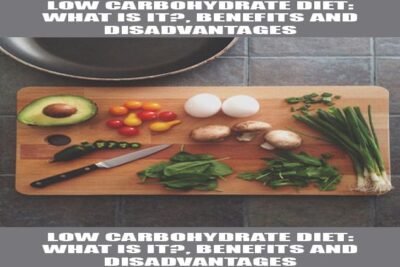
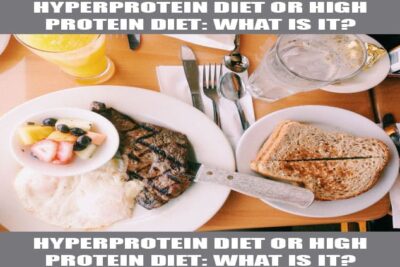


Content that may interest you